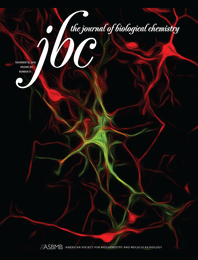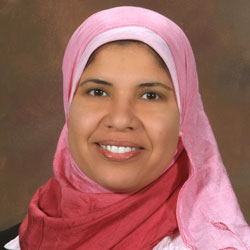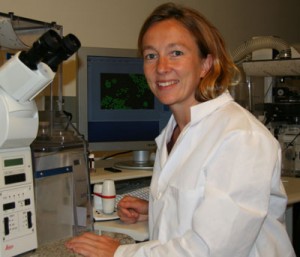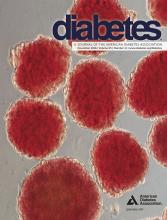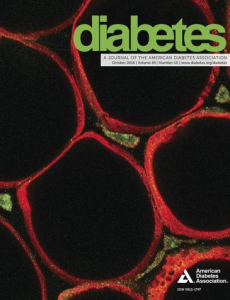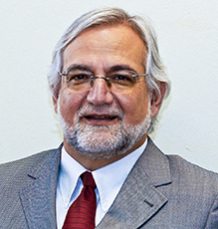A researcher in Brazil is taking responsibility for accidentally mixing up images in three papers in the Journal of Biological Chemistry.
The corresponding author on the three papers told us the mistake happened because the studies were conducted simultaneously, and relied on one computer.
There’s a side note to these retractions: The co-author list on two papers includes names that should be fairly well-known to our readers — Mario Saad, the researcher who unsuccessfully sued the American Diabetes Association to stop retractions of his papers, and Rui Curi, a researcher whose legal threats assisted in the shutdown of Science-Fraud.org. This makes Saad’s ninth retraction.
According to the retraction notices, Lício Velloso — who, like his co-authors, is based at the University of Campinas in São Paulo, Brazil — assembled all the figures. He told Retraction Watch that the authors initially wanted to correct the papers, adding: Continue reading Researcher logs three retractions for image duplications — two of which with familiar co-authors
